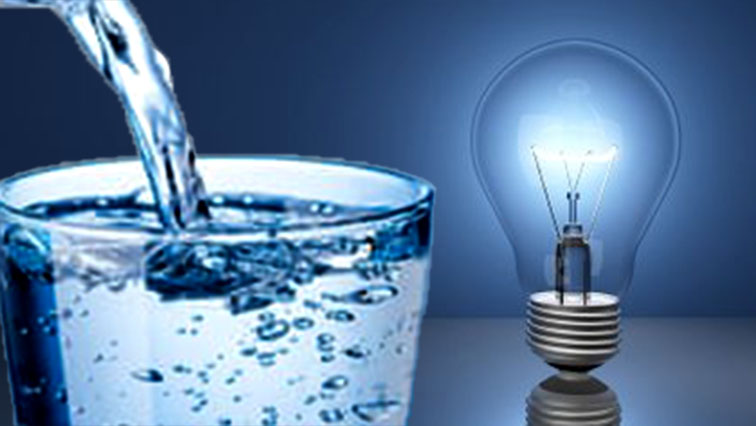Today, on Monday, August 12th, 2022, the Public Utilities and Regulatory Commission (PURC) has increased water tariffs by 21% and electricity tariffs by 27.15%, as reported by TV3.
According to the report, the increment was made as a proposal by the Electricity Company of Ghana (ECG) to increase electricity tariffs by up to 148 per cent, covering 2019 to 2022.
The management of the Ghana Water Company (GWCL) similarly suggested to the PURC that they raise the water rate.
The compny said:
The high increase in Distribution Service Charges was attributed to
The result of ECG’s tariff proposal for the next five years shows an approximately 148% increase over the current DSC1 in 2022 and an average increase of 7.6% year on year from 2023 to 2026. “The high increase in the DSC1 for year 2022 could be attributed to the gap that has developed over the years between the actual cost recovery tariff and the PURC approved tariffs as well as the cost of completed projects.”
“Similarly, ECG’s proposed DSC2 shows a higher increase of 28.4% in the first year (2022) than that of the subsequent years’ increases by an average of 2% from 2022 to 2026,” it added.
The management of ECG also indicated that its financial sustainability is important as it impacts on the entire energy sector.
“The financial sustainability of the electricity company of Ghana is important as it impacts on the entire energy sector.” “With the huge investment needs facing the distribution industry over the next five years, it is expected that the proposed tariff increases would inevitably be approved to sustain efficient and reliable electricity service.”
“Over the next five years, the DSC will need to increase consistently (an average of 7.6%) to cover distribution costs. It is expected that the approved BGC would correspond with the commercial terms of PPAs (Power Plant Agreements)”.
“Among the urban poor, water can be a critical resource in short supply.” GWCL has therefore set up a Low-Income Customer Support Department (LICSD) to deliver improved services to targeted low-income urban areas.
“The Government of Ghana is committed to expanding access to safe water supply services in urban areas, with a particular focus on improving water production and expansion of distribution systems and ensuring sustainable financing of the sector.” It is estimated that about $2 billion will have to be invested in water production to help increase current urban coverage to 100% country-wide by 2025.
“Notwithstanding the challenges mentioned above, it is important to consider the broad sectoral focal areas that impact on water operations.” These include sustainable water sources, access to potable water, sustainable financing, improved public-private partnerships, capacity building, good governance, good research and development, monitoring and evaluation, water safety, and customer interest/education.
GWCL, therefore, has embarked on an image redeeming mission for transformation into a “world-class utility company”. We therefore call on our regulator, the PURC, to provide us with every necessary support to enable us to turn things around, “the proposal said.
It added, “Like any utility, GWCL is expected among others to: provide services that are safe, desirable, and affordable to consumers; and ensure an institutional and commercial system capable of recovering costs.
“GWCL must at least recover its costs if we are to sustain our operations.” Over the years, however, the approved tariffs have not been fully cost-reflective. This has led to the inability of GWCL to raise enough revenue to finance the much needed capital investment projects.
Source: Gossips24.com


